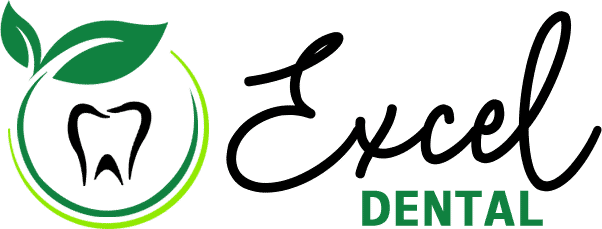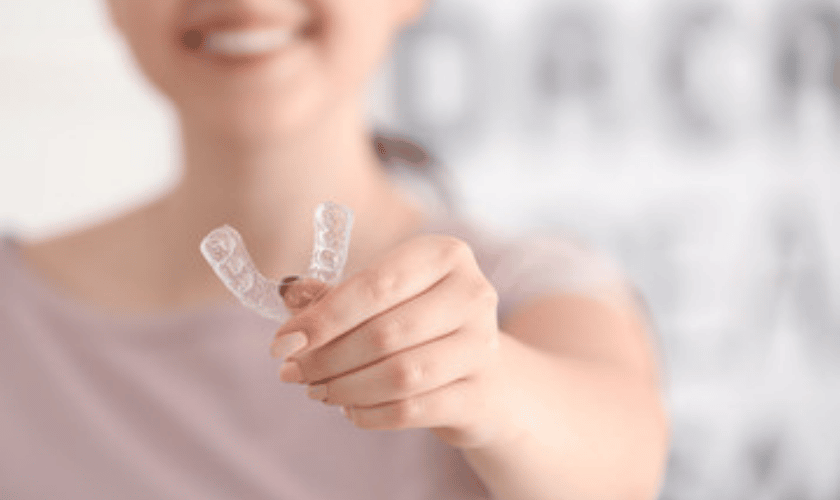There are numerous approaches you can take to lessen the impact of bruxism on your oral health. One of the most common is a nightguard, which is a mouthguard used while sleeping. Most pharmacies sell some night guards without a prescription. To use it, boil or microwave it according to package directions, let it cool for a few seconds, and then gently bite it to mold it to your mouth.
What is a Nightguard?
A nightguard is a retainer-like piece of hard or soft plastic. It protects the biting surfaces of the teeth and can be worn on either the bottom or top set of teeth. Because individuals’ teeth patterns vary, a nightguard is custom-made for each patient by molding it to fit your teeth without being uncomfortable or overly thick. Because it goes by several names, whether you hear dentists refer to a mouthguard, occlusal guard, bite splint, dental guard, or nocturnal bite plate, they all refer to the same item.
The Importance of Choosing the Correct Nightguard
1. Prevent Plaque Formation- A sports mouth guard is more likely to cause harm than help. It protects the teeth and gums from blunt force injuries by covering them. Because saliva cannot reach the gums while wearing a sports mouth guard, it traps bacteria on the surface of the gums while you sleep. Saliva neutralizes acids that cause cavities and washes away food particles, avoiding plaque formation. To avoid hurting your teeth, it is best to visit an oral hygiene specialist when looking for a nightguard.
2. Prevent Changing Your Bite- A nightguard is usually custom-fit to your teeth and bites because its purpose is to keep the surfaces from grinding against one another. Because sports mouthguards are soft and constructed of a thicker rubbery material, they are not meant to fit your bite. Softer materials will cause you to chew when sleeping because the brain interprets them as food. This may cause muscle pain and premature wear through the soft material of the mat. If you opt to wear a sports mouthguard at night, your bite will vary over time. When your bite changes, the effect will become apparent after a while.
What to Consider When Choosing a Lower or Upper Nightguard?
1. Comfort – Because you dread wearing it, an uncomfortable nightguard is unlikely to enter your mouth and hence will not benefit you. Remember that you will be spending the night with a gadget in your mouth, therefore comfort should be at the top of your priority list. If you grind your teeth unconsciously during the day, a lower mouthguard is recommended. It is less apparent, and you probably don’t want to draw attention to yourself. A lower nightguard is also appropriate if you have a sensitive gag reflex. An upper nightguard, on the other hand, is usually more noticeable because it is larger and thicker than a lower nightguard.
2. Condition of the Teeth – The state of your teeth should play a role in determining the best nightguard for you. Because a custom-made nightguard is built from an impression of your teeth, you should select a pair that does not contain too many missing or crooked teeth. You will have a better fit this way.
We hope this blog has enlightened you about the significance of nightguards. Clenching or grinding your teeth during sleeping is fairly frequent in both toddlers and adults. However, if it begins to cause headaches, tooth or jaw pain, or tooth damage, it is necessary to consult a dentist about bruxism. If you’re looking for the best night guard service in Missouri City, Texas, contact Excel Dental. Please contact us as soon as possible!


